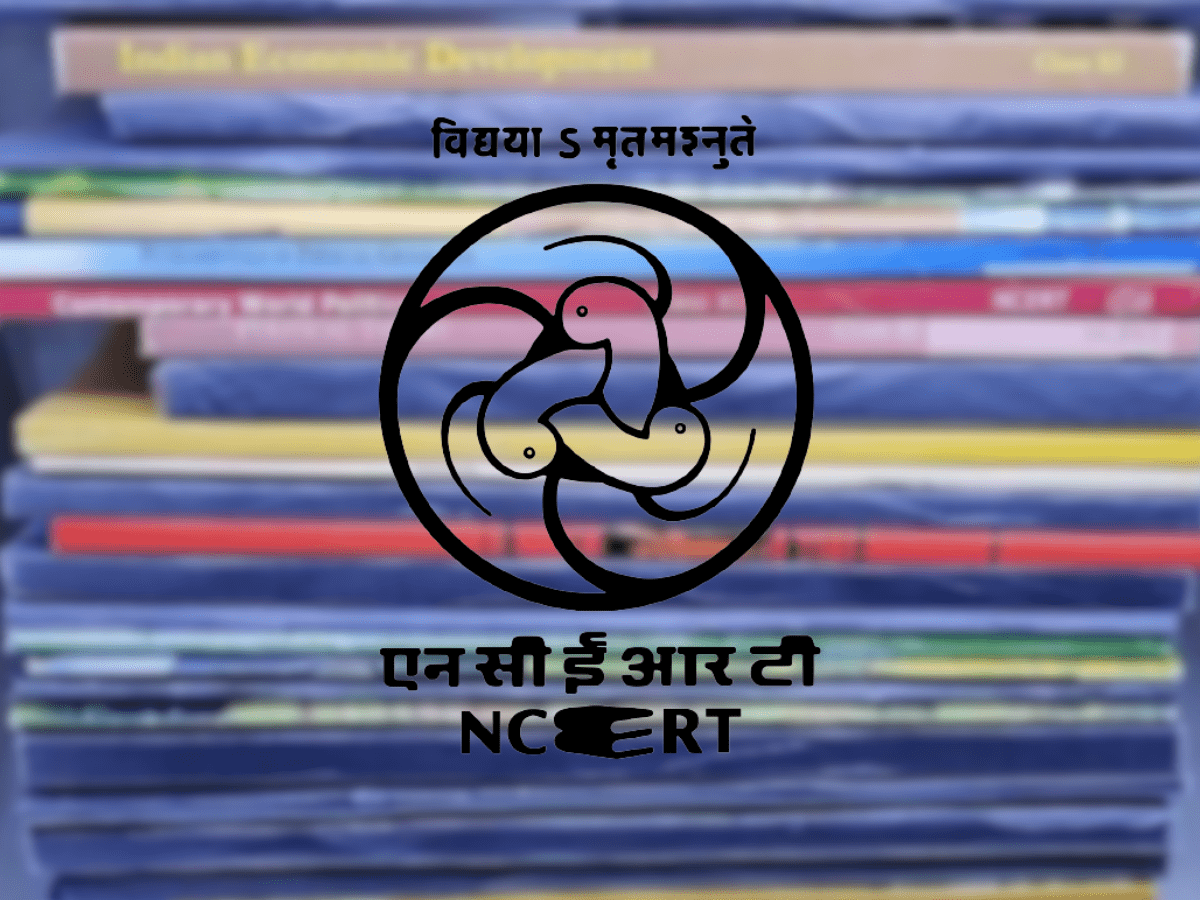
The National Council of Educational Research and Training (NCERT) has revised the class 12th political science textbook to give a more comprehensive account of the Ram Janmabhoomi movement. These modifications are a part of NCERT’s school textbook revision for the 2024–2025 academic year, which was shared with the Central Board of Secondary Education (CBSE), The Indian Express reported.
NCERT’s Class XII political science textbook has had a chapter on the Ayodhya controversy and the 2019 Supreme Court ruling that permitted construction of Ram temple on the site of demolished Babri Masjid.
As per reports, the curriculum now prioritises the Ram Janmabhoomi movement. The revised textbook will be distributed within a month.
Chapter 8 of the original book, “Politics in India since Independence,” has been alterated. A four-page section (pages 148–151) on the Ayodhya controversy may be found in the original chapter. It outlines the series of events that led up to the demolition of the Babri Masjid, the “mobilisation on both sides”, and the opening of the locks in 1986. It also discusses communal violence, the aftermath of the demolition, the President’s rule in BJP-ruled states, and the “serious debate over secularism.”
Although this section’s amended version isn’t readily available, NCERT has disclosed that it has been altered and that its “content is updated as per latest development in politics.” The most recent modifications made by the Constitutional Bench of the Supreme Court have resulted in a comprehensive revision of the text on the Ayodhya issue.
The Babri Masjid mention has been removed from two additional places — an exercise at the end of the chapter and the summary at the start.
The original book’s summary now reads, “What is the legacy of the Ram Janmabhoomi movement for the nature of political mobilisation?” in place of “What is the legacy of the Ram Janmabhoomi movement and the Ayodhya demolition for the nature of political mobilisation?”
These modifications are a part of the NCERT textbooks’ fourth set of updates and revisions since 2014. Since the then-NCERT director, Hrushikesh Senapaty, stated that the textbooks needed to be updated with the most recent developments, the first round, which took place in 2017, was referred to as a “review” rather than a revision. The year 2018 saw the start of the second phase of modifications, dubbed “textbook rationalisation,” which aims to lessen the “syllabus burden” on students.
According to the NCERT, “The syllabus needs to be updated to reflect current political events and delicate subjects.”
NCERT is the highest authority responsible for creating the textbooks used by over 4 crore students each year. NCERT advises the Union government on matters related to education.



